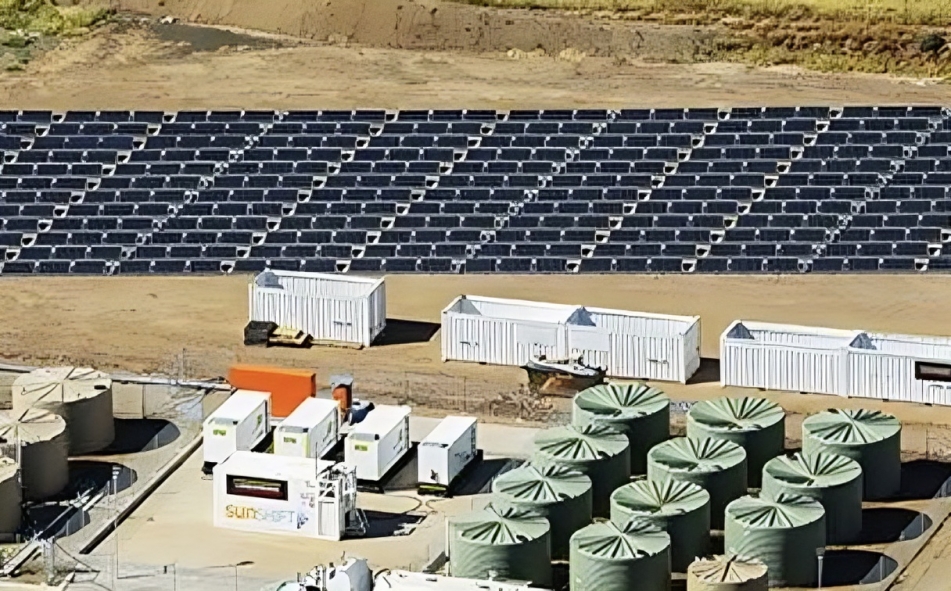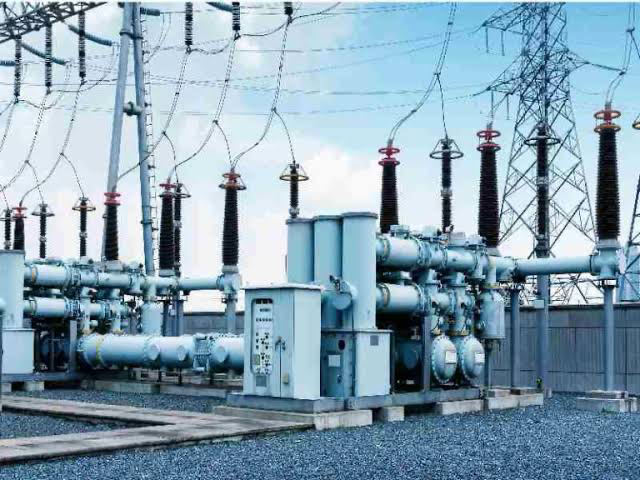KEY POINTS
- Decentralized power improves energy access for Africa’s underserved and rural regions.
- Renewable mini-grids lower costs and enhance energy security.
- Decentralization creates jobs and fosters economic growth.
Africa’s power sector faces persistent challenges, including limited access to electricity, high costs, and an over-reliance on centralized power generation systems.
Over 600 million people lack access to electricity, most residing in rural and underserved regions. The centralized approach struggles to meet the growing energy demand, leaving millions in the dark.
Decentralized power production, which focuses on localized, often renewable energy solutions like mini-grids, off-grid systems, and distributed energy resources, presents a transformative opportunity.
This approach not only addresses energy access gaps but also promotes economic development, reduces costs, and enhances energy security, offering a sustainable solution to Africa’s energy woes.
Benefits of decentralized power production
- Increased energy access
Decentralized systems prioritize reaching remote and underserved areas. By deploying mini-grids and off-grid solar solutions, energy can be delivered to rural regions where grid extensions are costly and logistically challenging.
For example, Tanzania has expanded energy access to isolated communities through solar mini-grids, enabling households and businesses to thrive.
Decentralized systems bypass the bottlenecks of traditional infrastructure, ensuring that even the most marginalized communities gain access to reliable electricity, thus supporting education, healthcare, and economic activities. - Reduced energy costs
Localized power production minimizes transmission losses and dependency on expensive fossil fuels, resulting in significant cost savings.
Renewable energy technologies like solar panels and wind turbines have become increasingly affordable, making decentralized solutions cost-effective for both producers and consumers.
In Ghana, the mini-grid program has allowed rural businesses to reduce their reliance on diesel generators, slashing energy expenses while increasing operational efficiency. Lower energy costs enhance profitability for businesses and affordability for households. - Improved energy security
By diversifying energy sources and creating localized networks, decentralized systems reduce the risk of widespread blackouts.
In Nigeria, frequent disruptions in centralized grids have pushed businesses to adopt decentralized power solutions, ensuring uninterrupted operations.
Furthermore, reliance on renewable energy lessens vulnerability to volatile fossil fuel markets. This approach fosters a resilient energy sector capable of withstanding both market and infrastructural shocks. - Job creation and economic growth
Investments in decentralized energy infrastructure generate employment opportunities in system installation, maintenance, and operation. Local manufacturing of renewable energy components creates additional economic prospects.
Kenya’s thriving solar energy industry has not only provided electricity to rural homes but also created thousands of jobs. Access to reliable energy catalyzes local entrepreneurship, enabling small businesses to grow and communities to prosper.
Decentralized power is empowering local communities:
Kenya’s renewable energy success
Kenya’s decentralized renewable energy (DRE) program has revolutionized rural electrification. Companies like M-KOPA have deployed affordable solar home systems to thousands of households, powering basic appliances and enabling economic activities. This initiative has bridged the energy gap in remote areas while fostering socio-economic development.
Ghana’s mini-grid impact
Through its mini-grid program, Ghana has electrified rural communities, particularly in island regions. These systems provide consistent power for schools, clinics, and businesses, empowering local economies and improving living standards.
Nigeria’s business adoption of decentralized systems
In Nigeria, businesses increasingly rely on decentralized solutions to counter unreliable grid power. Solar installations and hybrid systems have become vital for reducing operational costs and maintaining energy security.
Opportunities
Africa’s energy landscape is ripe with opportunities for decentralized power production.
Growth in renewables
The continent’s abundant solar, wind, and hydro resources create immense potential for renewable energy expansion. With costs dropping, renewable technologies offer scalable solutions to power Africa sustainably.
Development of mini-grids
Mini-grids are pivotal in electrifying rural areas. By integrating solar and battery storage, these systems can provide reliable power to off-grid communities. Programs like Nigeria’s Rural Electrification Agency (REA) highlight the scalability of this approach.
Policy and regulatory support
Supportive regulatory frameworks are essential to foster private investment and innovation in decentralized energy projects. Governments must streamline policies to incentivize renewable energy adoption.
Addressing emerging challenges
Decentralized systems must tackle barriers like funding gaps, lack of technical expertise, and logistical challenges. Enhanced public-private partnerships and capacity-building initiatives can overcome these hurdles.
Statistics
- 600 million: People in Africa without access to electricity (2020).
- 30 percent: Proportion of Africa’s population with electricity access in (2020).
- 10 GW: Potential decentralized renewable energy capacity in Africa by 2030.
- $10 billion: Investment required for universal energy access in Africa by 2030.
Decentralized power production is a game-changer for Africa’s energy landscape. By prioritizing localized and renewable solutions, African countries can enhance energy access, stimulate economic growth, and promote sustainability.
While challenges persist, the continent’s vast renewable resources and emerging technologies present unparalleled opportunities.
With supportive policies and strategic investments, Africa can pave the way for an inclusive and resilient energy future, ensuring electricity for all while driving socio-economic development.



